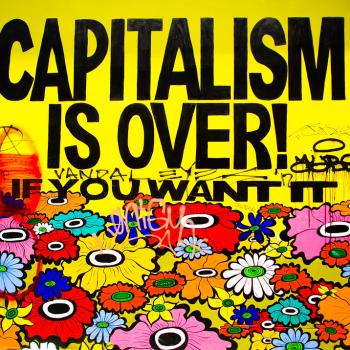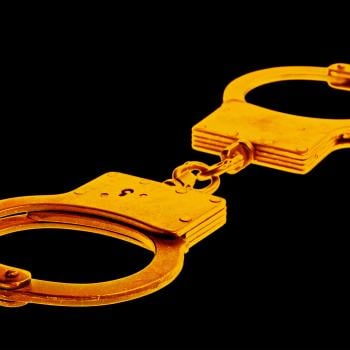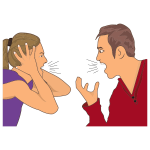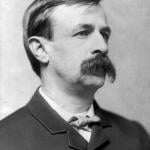In that steamy Philadelphia summer of 1787, as the Constitution was secretly being drafted and the plan for the presidency invented — “improvised” is more apt — the delegates weren’t sure what they wanted this new office to be. To patriots who had fought a war against a king, the thought of one person wielding great power, at the head of a standing army, gave them the willies.
Still, Hamilton asserted in the Federalist Papers that this experimental executive must have “energy” — a quality characterized by “decision, activity, secrecy and dispatch.” Hamilton knew that the times demanded bold action. Operating under the Articles of Confederation, a weak Congress had dithered through crisis and conflict, unable to collect taxes or raise an effective army. And the presidents of Congress — 14 of them from 1774 to 1788 — wielded nothing more threatening than a gavel. They couldn’t even answer a letter without congressional approval.
As the delegates to the Constitutional Convention sweltered behind closed windows, in the same Pennsylvania State House where the Declaration of Independence had been adopted 11 years earlier, they disagreed about many things. But no issue caused greater consternation than establishing an executive office to run the country.
Would this executive department be occupied by one man or a council of three? What powers would the executive have? How long would he hold office? How would the executive be chosen? And how would he be removed, if necessary? (Without an answer to this question, Ben Franklin warned, the only recourse would be assassination.)
On these questions, the record points down a tortuous path filled with uncertainty and sharp division. While some delegates feared creating a presidency that could become a “fetus of monarchy,” others called for an executive who could negotiate treaties and make appointments — or command an army if the nation was threatened. Or at least answer the mail. . . .
Another hotly contested question was who would choose the executive. Some, such as Connecticut’s Roger Sherman, thought democracy was one short step from mob rule. “The people . . . should have as little to do as may be about the government,” Sherman asserted. “They lack information and are constantly liable to be misled.”
While Wilson offered direct election by the people, some preferred allowing the national legislature to make the choice. This idea riled another key framer, Pennsylvania’s Gouverneur Morris, a wealthy transplanted New Yorker, who thought that election by the legislature would lead only to “intrigue, cabals and faction.”
As the debates bumped along through the summer, there was one certainty. As Franklin said early in June, “The first man put at the helm will be a good one.” No one doubted that he meant George Washington, sitting in front of the room and presiding over the meeting. Despite any other squabbles, the beloved leader of the American Revolution would occupy the office they later decided to call “president,” a word rooted in the Latin “praesidens” (meaning “to sit before”) and first used in America at Harvard in 1640.
Apart from that, many burning questions were still unsettled in late August, when, in timeworn congressional tradition, the delegates punted. The questions of the executive were handed over to a Committee of Eleven, which included a delegate from each of the states in attendance and dealt with a variety of issues left unresolved by the convention as a whole. On Sept. 4, the committee put forward a plan for a president chosen for a four-year term, with the authority to make treaties and appointments (subject to Senate approval), among other loosely specified powers. He would command the army, but Congress would declare war. And they proposed a voting system that placed the choice in the hands of “electors” whose selection would be left to the legislatures of the individual states, later to be called the Electoral College.
“Two days later,” Yale historian Robert A. Dahlnoted, “the impatient delegates adopt this solution,” adding, “this strange record suggests . . . a group of baffled and confused men who finally settle on a solution more out of desperation than confidence.”
via Why do we have a president, anyway? – The Washington Post.
I still feel that way with most presidential elections! Is there a better way? Might we try the three-man panel? The Prime Minister model, with the chief executive being the leader of the majority party of the legislature? (This is what most of the world’s democracies do, with just a very few having our kind of president.) Should we have made George Washington king? Or what?











